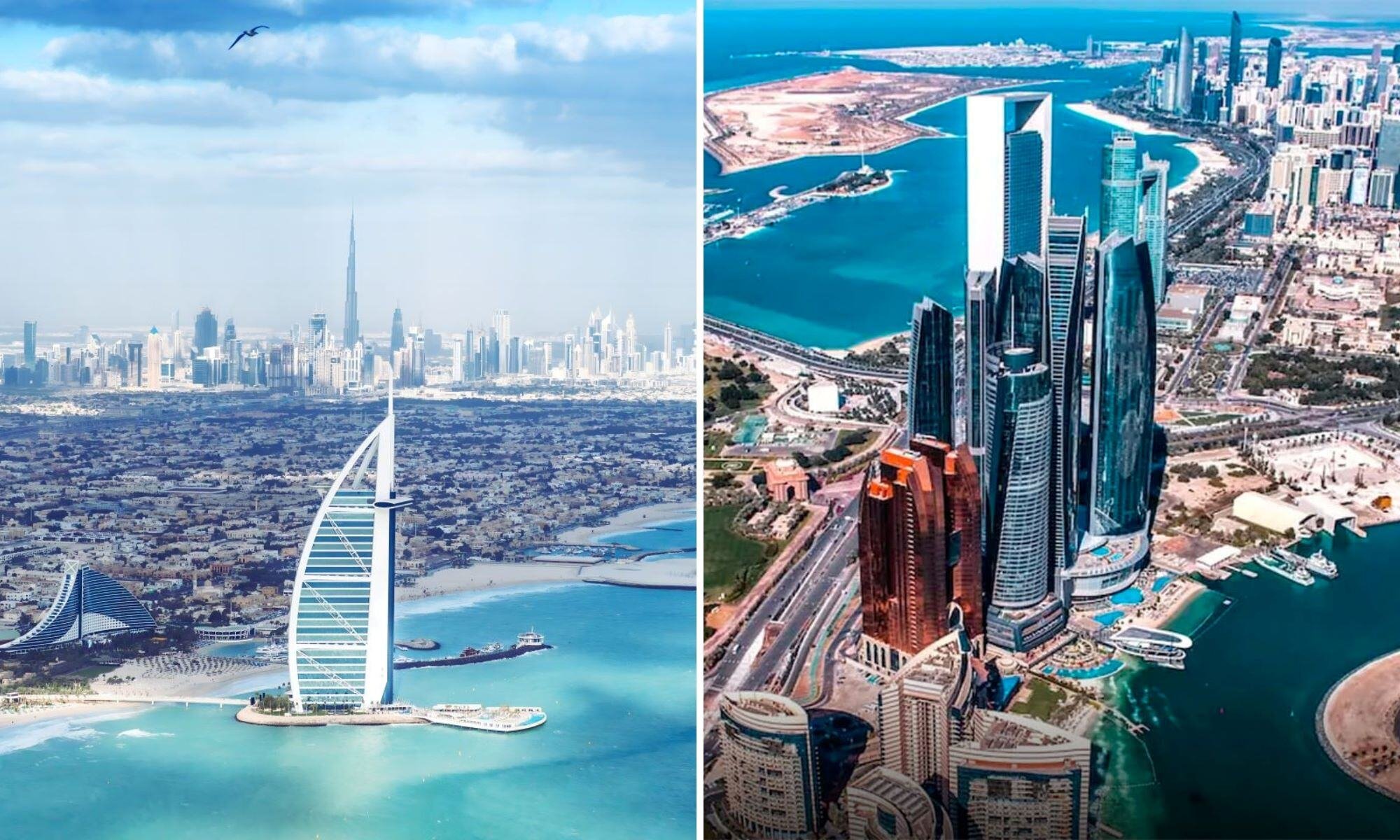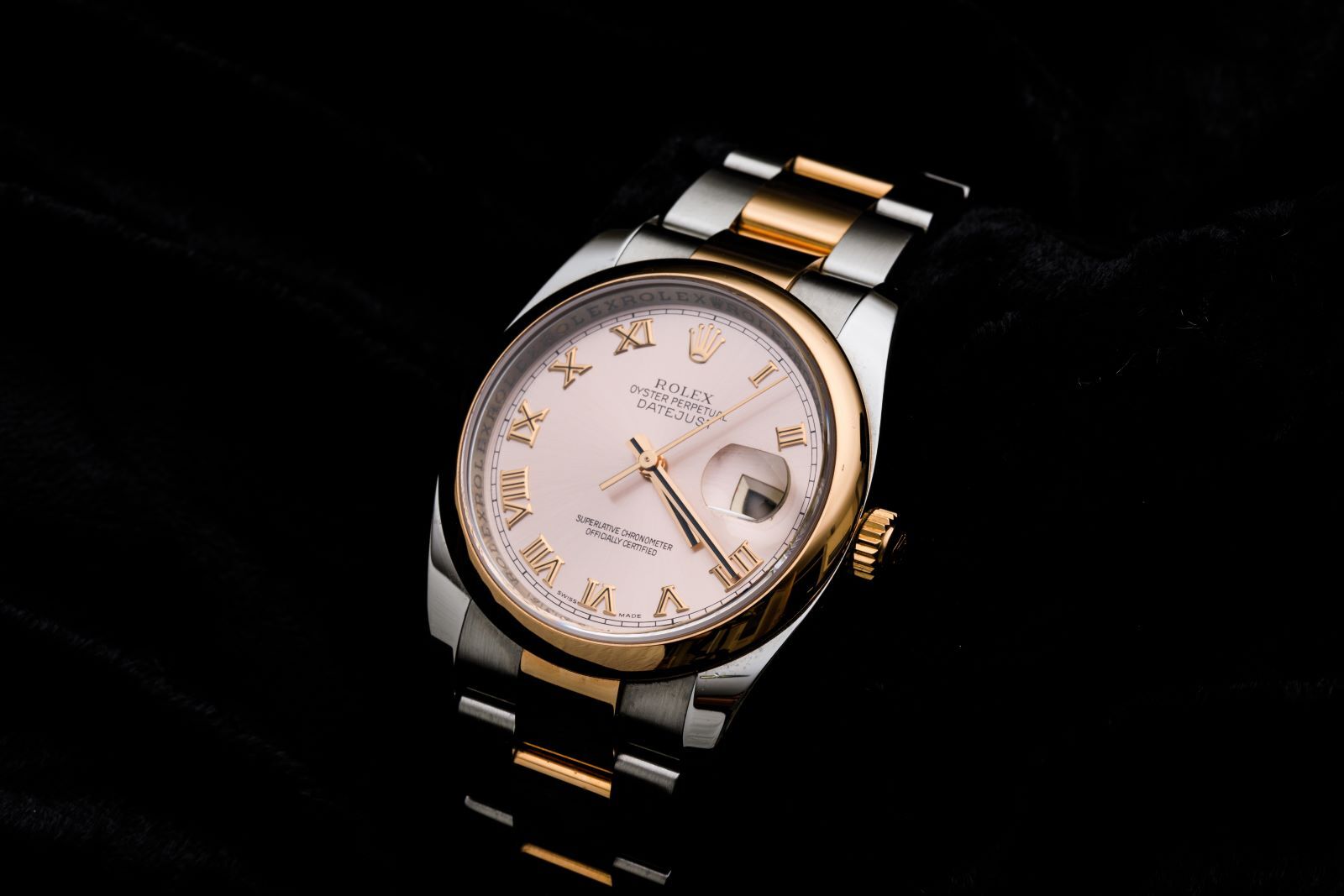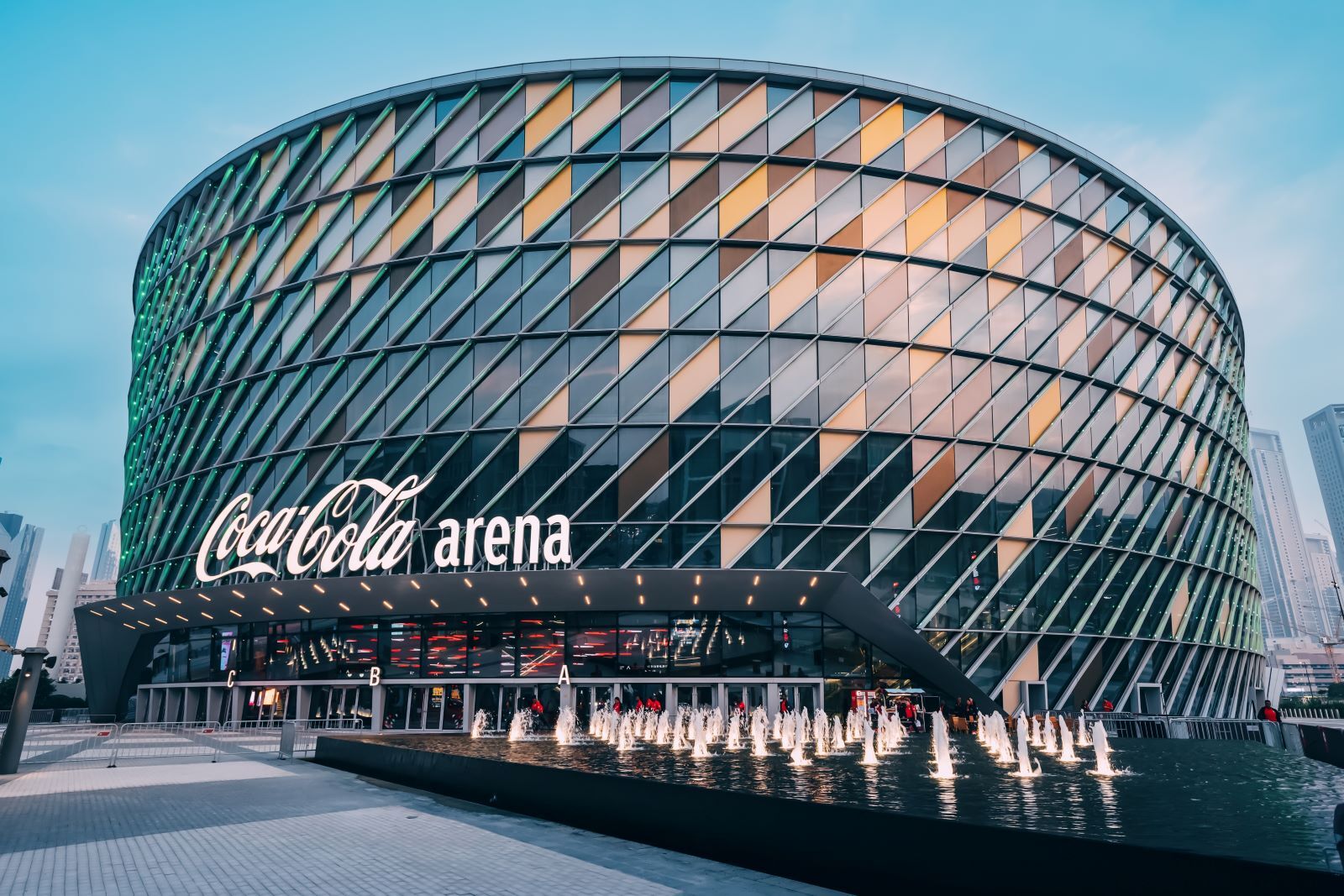Abu Dhabi vs Dubai
Published: 01 October 2024
When moving to the UAE, one of the most important decisions is which emirate to settle in. Most people choose either Abu Dhabi, the country's capital, or Dubai, the country's thriving commercial and tourism centre. However, this decision is frequently influenced by the career prospects or business opportunities that inspire the move to the UAE in the first place.
Both cities have unique benefits and lifestyles, but knowing the fundamental distinctions is critical. Here's a comprehensive comparison of the two cities, including population, accommodation, transportation, and cultural atmosphere.

Historical Context
Abu Dhabi's history dates back to the 1760s, when the Bani Yas tribe, led by the Al Nahyan family, settled on the island and discovered fresh water, beginning the city's development. Abu Dhabi, the UAE's capital and largest emirate, saw its transformation accelerate with the discovery of oil in 1958. This elevated the city from a small fishing village to one of the world's wealthiest urban centres. Today, Abu Dhabi accounts for over 60% of the UAE's GDP, with a GDP per capita of $63,000 (World Bank, 2023). The ruling Al Nahyan family, particularly under Sheikh Zayed bin Sultan Al Nahyan, the founding father of the UAE and often referred to as the 'Father of the Nation,' used the city's oil wealth to modernise its infrastructure while preserving its cultural heritage and legacy.
Dubai, on the other hand, was formed in 1833 when the Al Maktoum family established control over the region near Dubai Creek, turning it into an important trading centre. However, Dubai's rapid development didn’t start until the 1960s with the discovery of oil. Unlike Abu Dhabi, Dubai’s leadership, under Sheikh Rashid bin Saeed Al Maktoum, immediately focused on diversifying the economy. By 2023, only 1% of Dubai’s GDP came from oil, with real estate, tourism, and finance serving as its primary economic drivers. Dubai’s GDP in 2023 stood at $108 billion, making it one of the world’s top financial and tourism destinations, known for landmarks such as the Burj Khalifa and Palm Jumeirah. Today, the Al Maktoum family continues to lead Dubai’s ambition to become a global financial city.
From humble beginnings to oil-fueled transformation, both cities have evolved representing different aspects of the UAE's identity. Abu Dhabi remains the political and cultural capital, while Dubai has become the commercial and tourist centre. Their transition from small desert settlements to contemporary cities conveys the UAE's astonishing growth in just a few decades. We’ll now look at how this historical setting affects the way people live in these two cities today.
Lifestyle and Social Dynamics
Abu Dhabi:
Abu Dhabi has a more easygoing, family-friendly culture. The city values heritage, education, and tradition, making it perfect for individuals who prefer a slower pace of life. With buildings such as the Louvre Abu Dhabi and the Sheikh Zayed Grand Mosque, the city strikes a mix between modernism and its rich cultural origins.
Dubai:
In contrast, Dubai is known for its high-energy, cosmopolitan lifestyle, which includes luxury shopping, exciting nightlife, and cultural diversity. With over 3.5 million residents, 85% of whom are expats, Dubai thrives on multiculturalism. Its fast-paced environment and world-class amenities make it the preferred destination for individuals desiring an internationally orientated-experience.
Population and Demographics
Abu Dhabi:
Abu Dhabi has a smaller population, estimated at 1,593,284, resulting in a more peaceful and less crowded atmosphere. With a higher number of Emirati residents, (around 20% of the total population), the city values tradition and cultural preservation while remaining open to expats. This produces a new social dynamic in which ethnic identification becomes more important in daily life.
Dubai:
Dubai's population is youthful and ambitious, with the majority between the ages of 23 and 45. The city's welcoming attitude towards international talent has made it a magnet for businesses such as technology, banking, and tourism. Its worldwide workforce promotes innovation and growth across multiple industries.
Accommodation and Property Market
Abu Dhabi:
Accommodation in Abu Dhabi is generally more reasonable, particularly for families looking for spacious villas or low-cost flats. Villas in Al Raha Beach range between AED 160,000 and AED 250,000 annually, while the average rent for a one-bedroom apartment is around AED 80,000 per year.
Dubai:
Dubai's skyline is dominated by high-rise luxury residences and beachfront private villas, particularly in Downtown Dubai and Palm Jumeirah. In 2023, the average annual rent for a one-bedroom apartment in Dubai Marina was AED 120,000, while villas in Palm Jumeirah exceeded AED 500,000 annually, making it one of the most expensive cities in the region.
Tourism and Attractions
Abu Dhabi:
Abu Dhabi provides a more artistic and intimate tourism experience. History and architectural aficionados will appreciate the Sheikh Zayed Grand Mosque (which attracts over 3 million visitors a year) and the Louvre Abu Dhabi, while desert safaris and Saadiyat Island offer serene natural beauty. Abu Dhabi’s appeal lies in its combination of heritage and modern attractions, from world-class events like Formula One at Yas Marina Circuit to family-centric destinations such as Yas Waterworld, Ferrari World, and Warner Bros. World.
Dubai:
Dubai, as the largest tourism destination, received over 16.7 million visitors in 2023, contributing AED 150 billion to the economy. Famous attractions such as the Burj Khalifa, Dubai Mall, and Palm Jumeirah keep drawing millions of visitors each year. The city's emphasis on tourism is reflected in its numerous attractions, which include luxury resorts such as Atlantis The Palm, Atlantis The Royal, and Burj Al Arab, high-end shopping, vibrant nightlife, and world-class hotels like the Four Seasons and Armani Hotel, cementing its status as a global entertainment powerhouse.
Cost of Living
Abu Dhabi:
Abu Dhabi provides a more balanced cost of living. According to the Mercer Cost of Living Survey 2023, Abu Dhabi is the 51st most expensive city in the world for expats. Residents benefit from reduced rentals and more reasonable dining alternatives, making it an ideal choice for families and professionals looking for value. Schooling fees in Abu Dhabi range from AED 20,000 to AED 80,000 per year depending on the school and curriculum. Healthcare is also more affordable compared to Dubai, with public healthcare being highly accessible for residents, though many expats opt for private health insurance, which can range from AED 5,000 to AED 10,000 annually.
Dubai:
Dubai is more expensive, ranking in at 31st in the same Mercer report. The city's upscale services, high-end dining, and premium goods raise daily living expenditures compared to Abu Dhabi. Monthly expenses, excluding rent, for a single individual run from AED 3,500 to AED 5,000, depending on lifestyle. School fees in Dubai are often higher, ranging between AED 30,000 and AED 100,000 per year, depending on the institution and curriculum. Dubai also has outstanding healthcare facilities, with expats regularly choosing private health insurance that costs between AED 7,000 and AED 15,000 per year.
Transportation and Infrastructure
Abu Dhabi:
While Abu Dhabi's transportation network is efficient, it relies heavily on cars. The public transport system is not as comprehensive as in Dubai, but the upcoming Etihad Rail project aims to increase connectivity between the emirates which will make travel faster and easier by 2026.
Dubai:
Dubai's public transport system is one of the most advanced in the region, with the Dubai Metro providing fast and dependable service with 75 km of lines, and serving more than 600,000 passengers daily. The city's strong taxi network, ride-sharing alternatives, and well-maintained highways all contribute to improved mobility, making it easier to navigate around the city. Also, for connectivity reasons, Dubai International Airport is the world’s busiest, handling 66.1 million passengers in 2023.
Cultural Atmosphere
Abu Dhabi:
Abu Dhabi has maintained a strong link to its Emirati roots. The city places a significant focus on tradition, particularly Islamic culture and morals. Cultural festivals like the Abu Dhabi Festival, museums, and art galleries highlight both local and foreign artists, creating a more reserved and reflective cultural environment.
Dubai:
Dubai's cultural landscape is distinguished by its diversity, with over 200 nationalities residing and working in the city. Its energetic nightlife, luxury shopping, and international cuisine reflect its forward-thinking and modern approach, attracting expatriates looking for a stimulating, multicultural setting.
A Question of Preference
Ultimately, lifestyle and priorities will determine whether to choose Abu Dhabi or Dubai. Abu Dhabi provides a family-friendly, culturally rich environment that emphasises tradition, spacious living, and affordability. Meanwhile, Dubai's fast-paced, luxury-oriented lifestyle appeals to individuals looking for excitement, a diversified career path, and global opportunities. Whether you're drawn to the splendour of Dubai or the rich cultural heritage of Abu Dhabi, both cities provide exceptional experiences and opportunities that add to the UAE's reputation as one of the best places to live and work.



